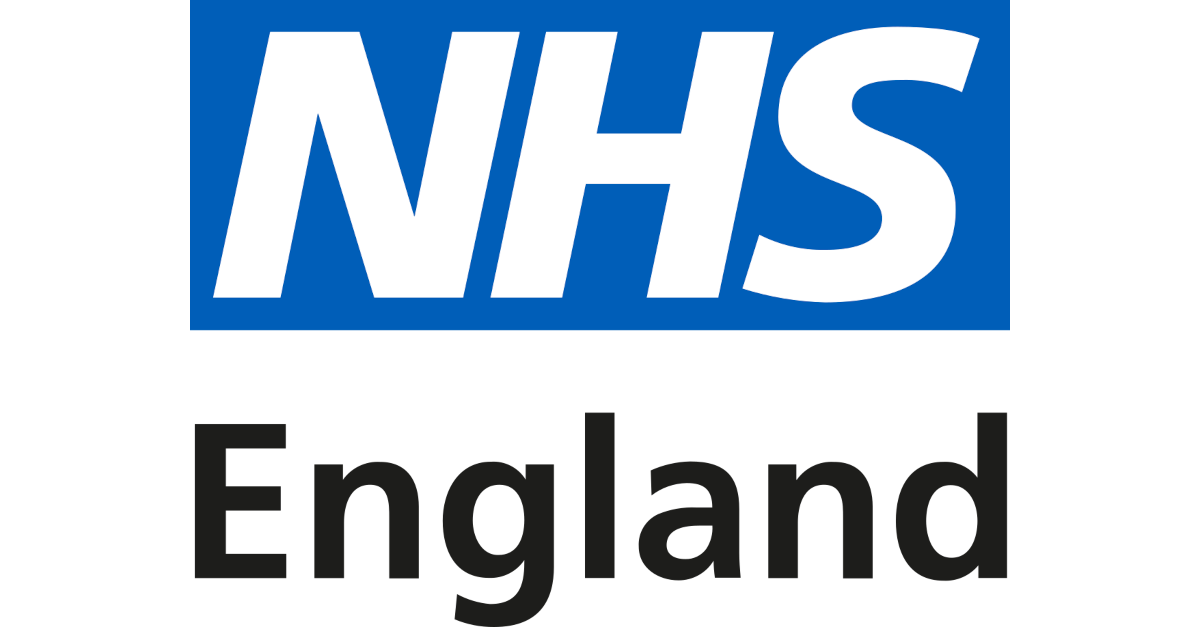- Messages
- 11,592
- Type of diabetes
- I reversed my Type 2
- Treatment type
- Diet only
Remission from Type 2 Diabetes is certainly possible by using lifestyle (even without any drugs and without any additional exercise). I'm one of over a thousand people in the UK have achieved this (as have tens of thousands worldwide).
Cure implies that if you will still be OK if you then start eating the garbage that made you Type 2 diabetic in the first place. To me this just sounds highly unlikely to happen and also something that any sensible person wouldn't even try!
May I ask where you found the figure of a thousand folks in UK in remission, please?


